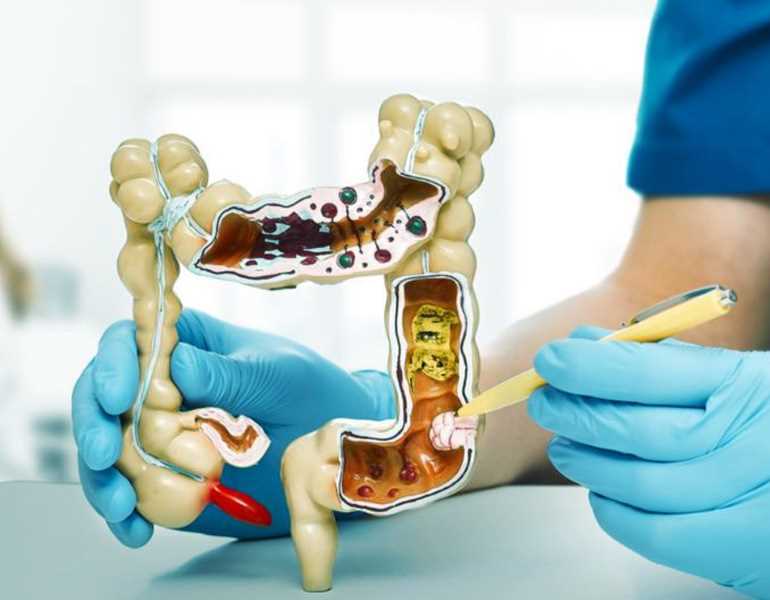
Colon cancer affects thousands of people each year, and surgery represents a primary treatment option for many patients. Understanding the surgical process can help you make informed decisions about your care and prepare for the journey ahead. Here is more information on colon cancer surgery, from initial diagnosis through long-term recovery:
What Is Colon Cancer?
Colon cancer develops when cells in the large intestine grow uncontrollably and form malignant tumors. The disease typically begins as small, benign clumps of cells called polyps, which can become cancerous over time. Most colon cancers start in the innermost lining of the colon and gradually spread through the intestinal wall if left untreated.
The location and extent of cancer growth determine the surgical approach your medical team will recommend. Early-stage cancers confined to the colon wall may require less extensive surgery, while advanced cases that have spread to nearby organs need more comprehensive procedures. Your surgeon will develop a treatment plan that addresses your specific situation.
What Is Colon Cancer Surgery?
Colon cancer surgery involves removing the cancerous portion of the large intestine along with surrounding healthy tissue. The primary goal is to eliminate all cancer cells while preserving as much normal bowel function as possible. Surgeons may also remove nearby lymph nodes to check for cancer spread and prevent future metastasis. The timing of surgery depends on the cancer stage and your overall health condition.
What Does It Involve?
Modern surgery for colon cancer utilizes minimally invasive techniques whenever possible, including robotic and laparoscopic approaches. These methods involve making several small incisions instead of one large opening, which typically results in less pain, shorter hospital stays, and faster recovery times. The surgeon uses specialized instruments and a camera to visualize and remove the affected tissue through these small openings.
Partial colectomy is a common type of surgery and involves removing the cancerous section of the colon along with a margin of healthy tissue. The remaining healthy portions of the intestine are then reconnected, allowing normal bowel function to continue. In some cases, surgeons may need to create an ostomy, which is an opening in the abdominal wall that allows waste to exit the body through a collection bag.
What Is Recovery Like?
Recovery typically involves a hospital stay of a few days, depending on the surgical approach and your individual healing process. Minimally invasive procedures generally result in shorter hospitalizations and faster return to normal activities. Pain management becomes a priority during the initial recovery period, and your medical team will work with you to find the most effective combination of medications.
Walking and light physical activity begin within hours after surgery to prevent blood clots and promote healing. Your diet will progress gradually from clear liquids to solid foods as your digestive system adjusts to the changes. Follow-up appointments with your surgical team will monitor your progress and address any questions that arise during the healing process.
How Is Future Health Affected?
Long-term health outcomes after colon cancer surgery depend on several factors, including cancer stage at diagnosis, surgical margins, and response to additional treatments. Patients may experience improved survival rates when cancer is detected and treated in early stages. Regular follow-up care becomes a lifelong commitment to monitor for cancer recurrence and manage any ongoing health needs.
Consult a Surgeon Today
Understanding colon cancer surgery helps you approach this treatment with realistic expectations. Take the next step by scheduling a consultation with a qualified colorectal surgeon. Early intervention and expert surgical care provide the foundation for overcoming colon cancer and returning to a healthy, active life.





